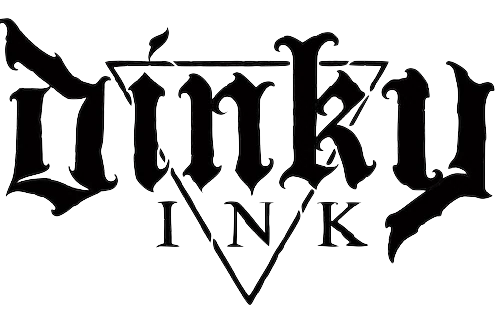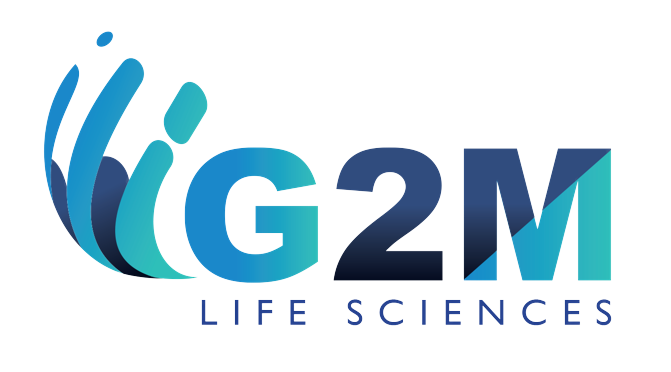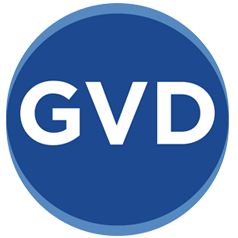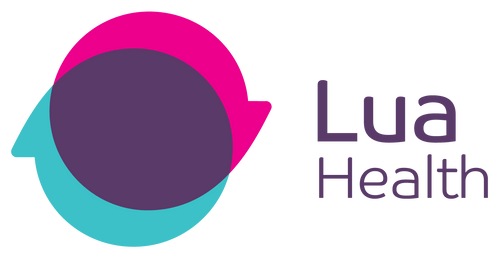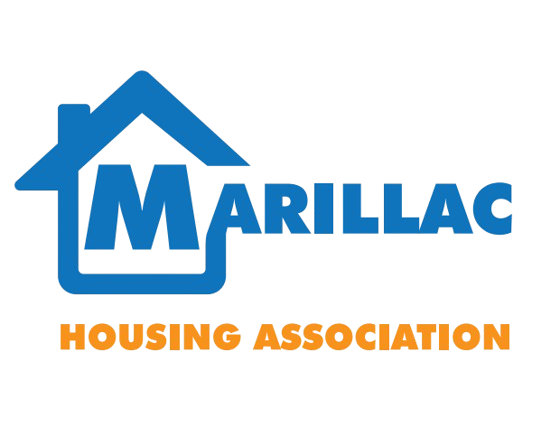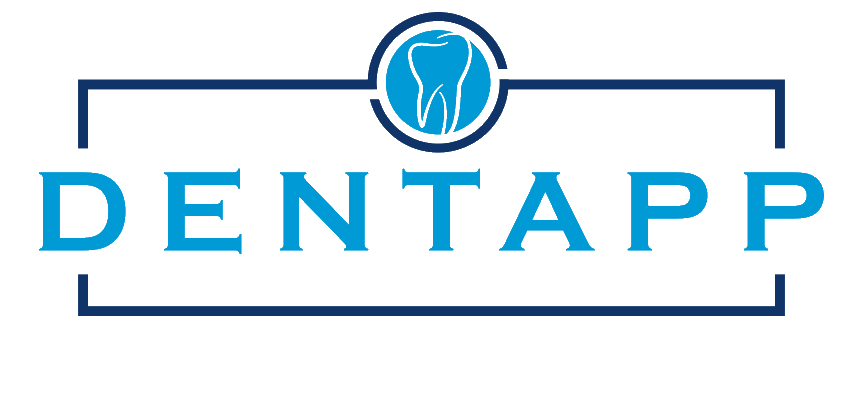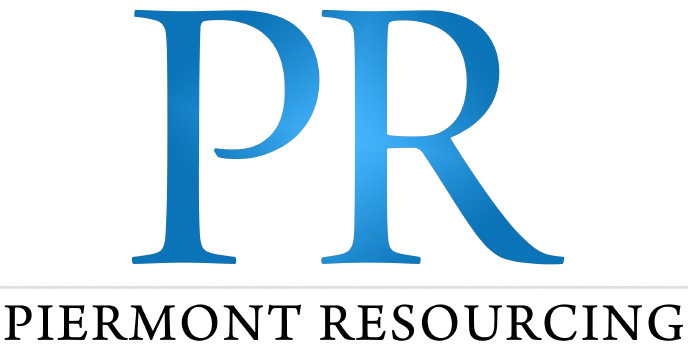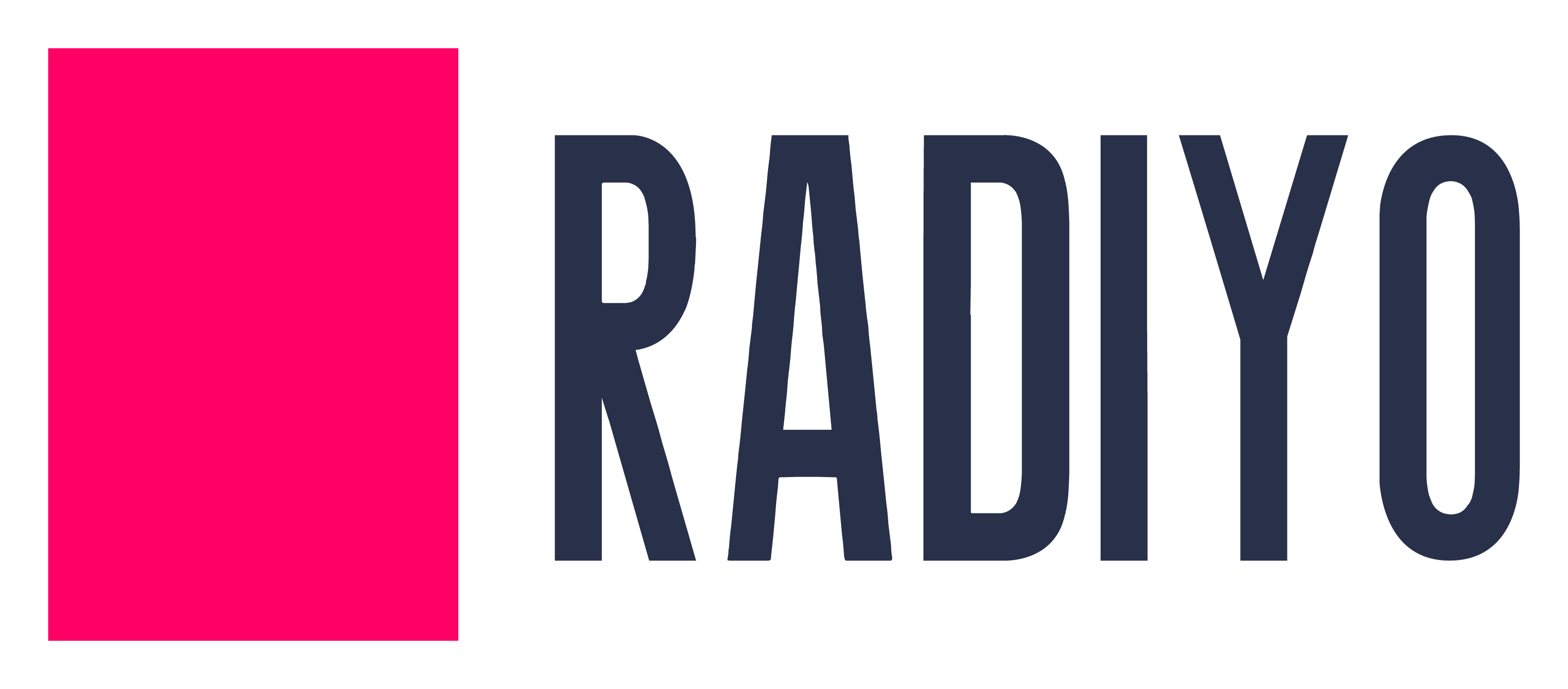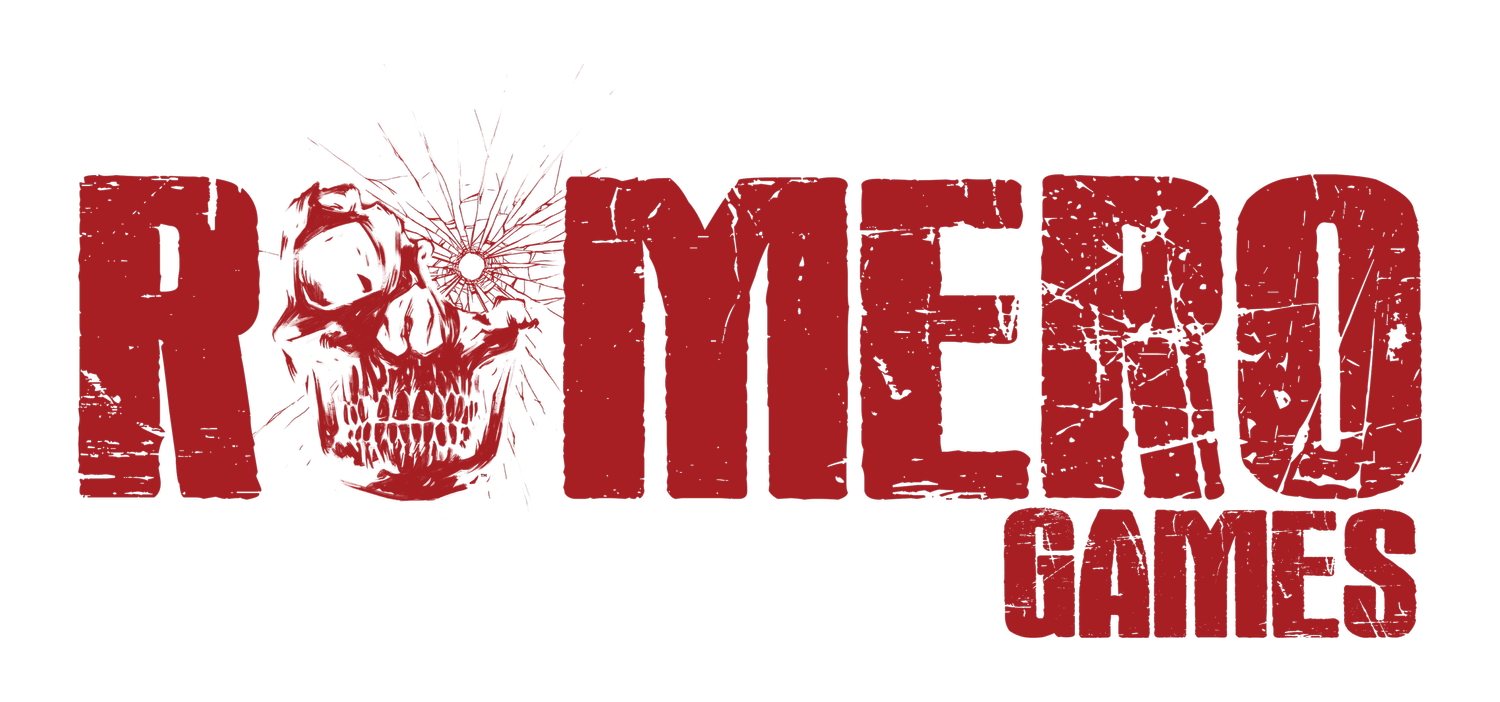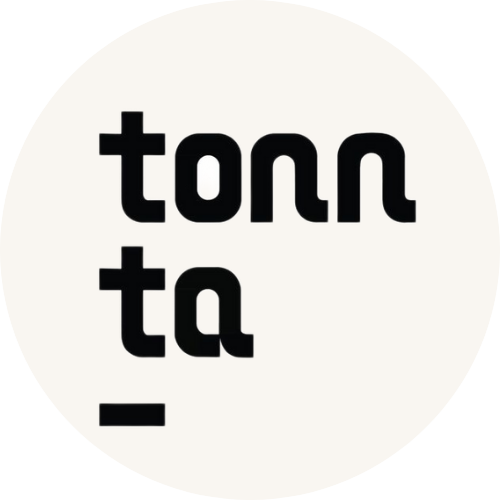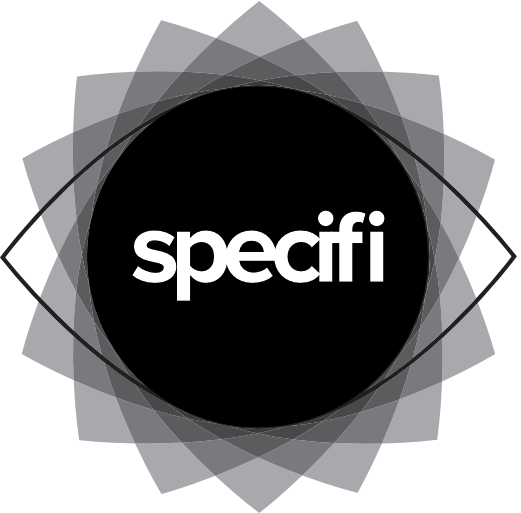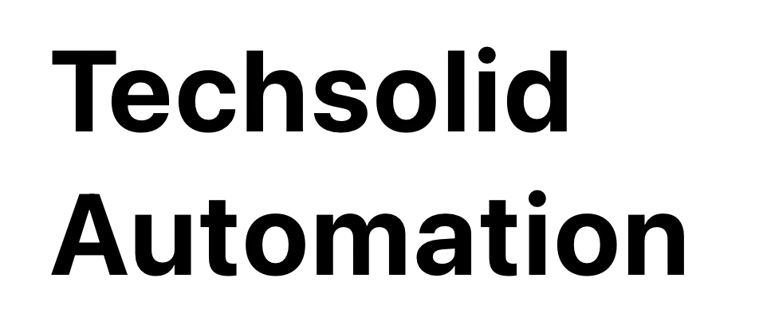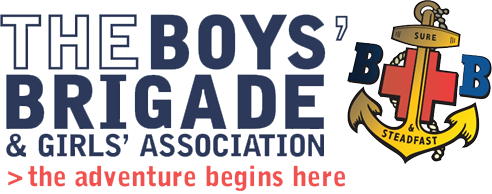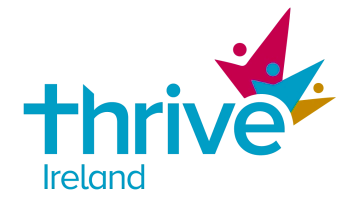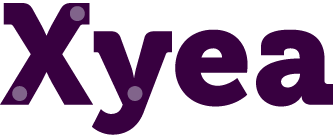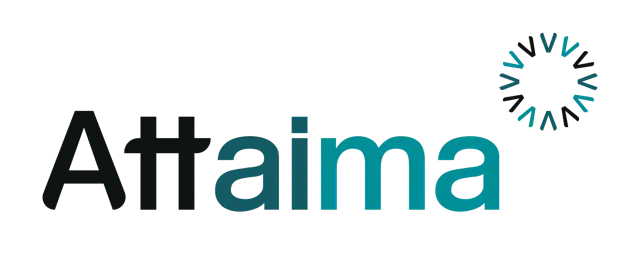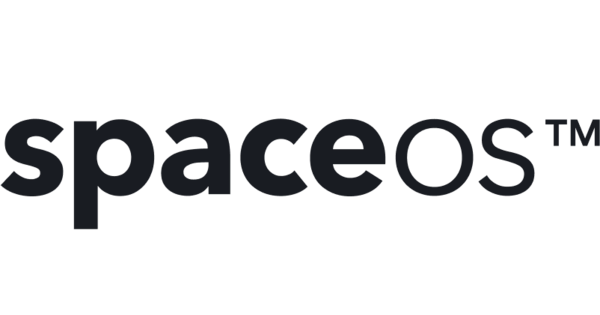Identifying Management Accounting Challenges for Irish Businesses
This FAQ dives into the intricate landscape of management accounting challenges faced by businesses in Ireland. Explore the impact of tax regulations, the sway of economic conditions, the challenges posed by technology adoption, and the significance of workforce skill levels. Uncover insights into the complexities of management accounting regulations that Irish businesses contend with, providing a comprehensive overview for those navigating these intricate facets.
Common challenges faced by Irish businesses.
Adapting to Technology Adoption
Rapid technology adoption is transforming traditional accounting tasks in Ireland through automation and artificial intelligence. This is requiring accountants to develop new skills in areas like data analytics, information systems, and emerging technologies to remain relevant. Smaller firms with limited resources face barriers in acquiring new technologies and systems.
Navigating Tax Regulations
Irish tax laws and regulations are complex for businesses to comply with. Changes in tax policies create uncertainty and businesses must stay updated to fulfil their tax obligations accurately. This poses a key challenge for management accounting.
Developing Skilled Talent
Ireland is facing staff shortages, especially in accounting and financial services. Accounting professionals need continuous development across areas like technology, regulations, and management skills. However, training and upskilling requires investment which smaller firms may lack.
Managing Economic Uncertainty
The volatility in global and Irish markets due to factors like Brexit, recessions, etc. creates pressure for sustainable financial management. Firms need to be agile in responding to fluctuations through accounting tools like flexible budgeting, rolling forecasts, risk analysis, etc.
Handling Accounting Standards Complexity
Management accounting in Ireland must comply with regulations like the IFRS, Companies Act, and others which can be complicated for high-growth start-ups. Understanding revenue recognition, financial reporting, and when to transition to complex standards is key.
Recommendations
To address these challenges, some recommendations for Irish businesses are:
- Invest in talent development programs focusing on technology and regulations
- Seek professional accounting expertise when handling complex accounting standards
- Adopt flexible and adaptive management accounting practices
- Develop risk analysis competencies to navigate market uncertainty
- Advocate for simplified regulations and training incentives from governing bodies
Key Takeaways
The key management accounting challenges identified for Irish businesses based on the analysis are:
- Adapting to increasing technology adoption and digital transformation.
- Navigating complex and changing tax regulations.
- Developing skilled talent and overcoming staff shortages.
- Managing the impact of economic conditions and uncertainty.
- Handling complicated accounting standards and regulations.
Conclusion
In conclusion, technology adoption, tax policies, talent shortages, economic conditions, and accounting standards pose pressing challenges impacting management accounting in Irish businesses. Targeted investments, professional expertise, adaptable practices, risk capabilities, and policy reforms can help businesses successfully overcome these barriers.
Quick Information
Ready to optimise your financial strategies?






















